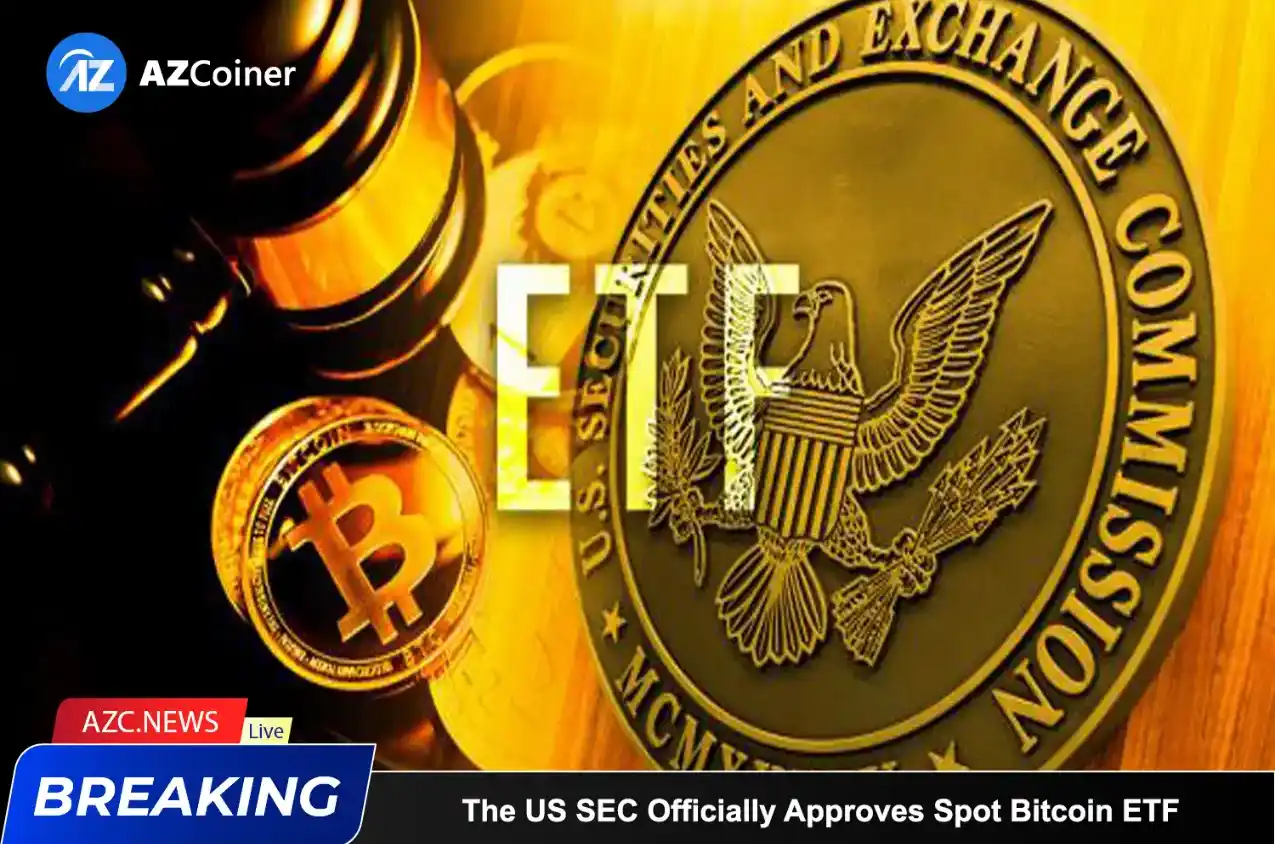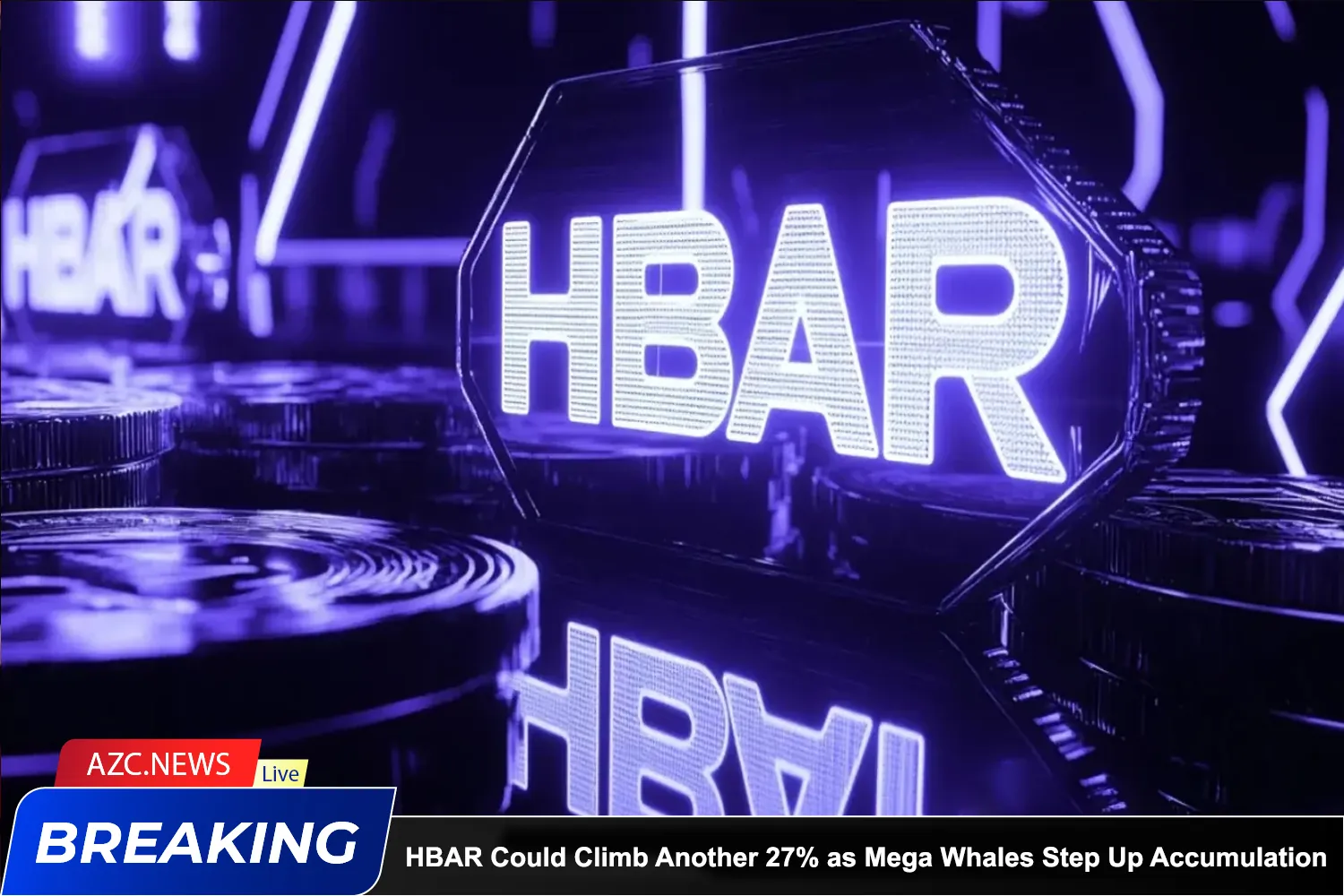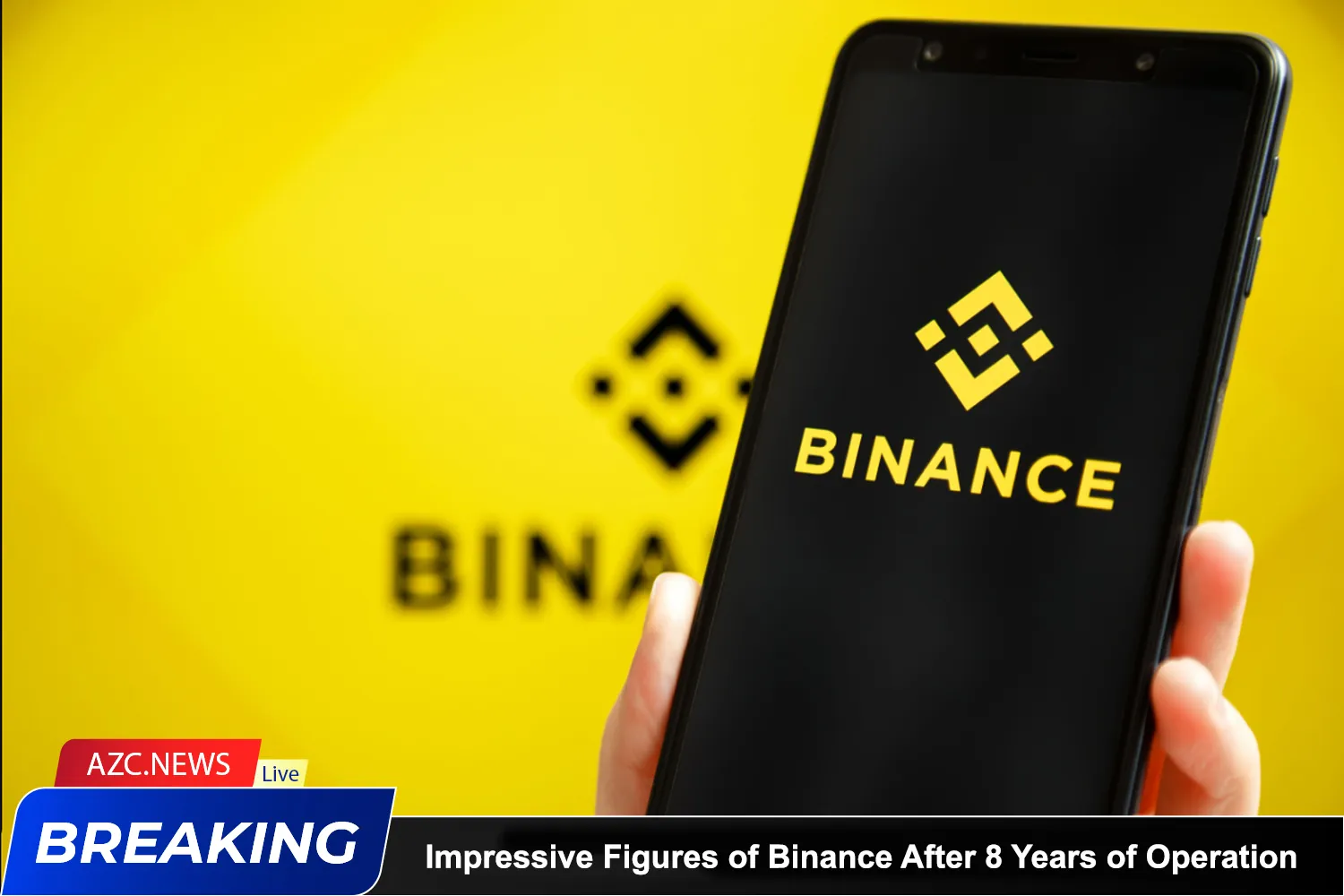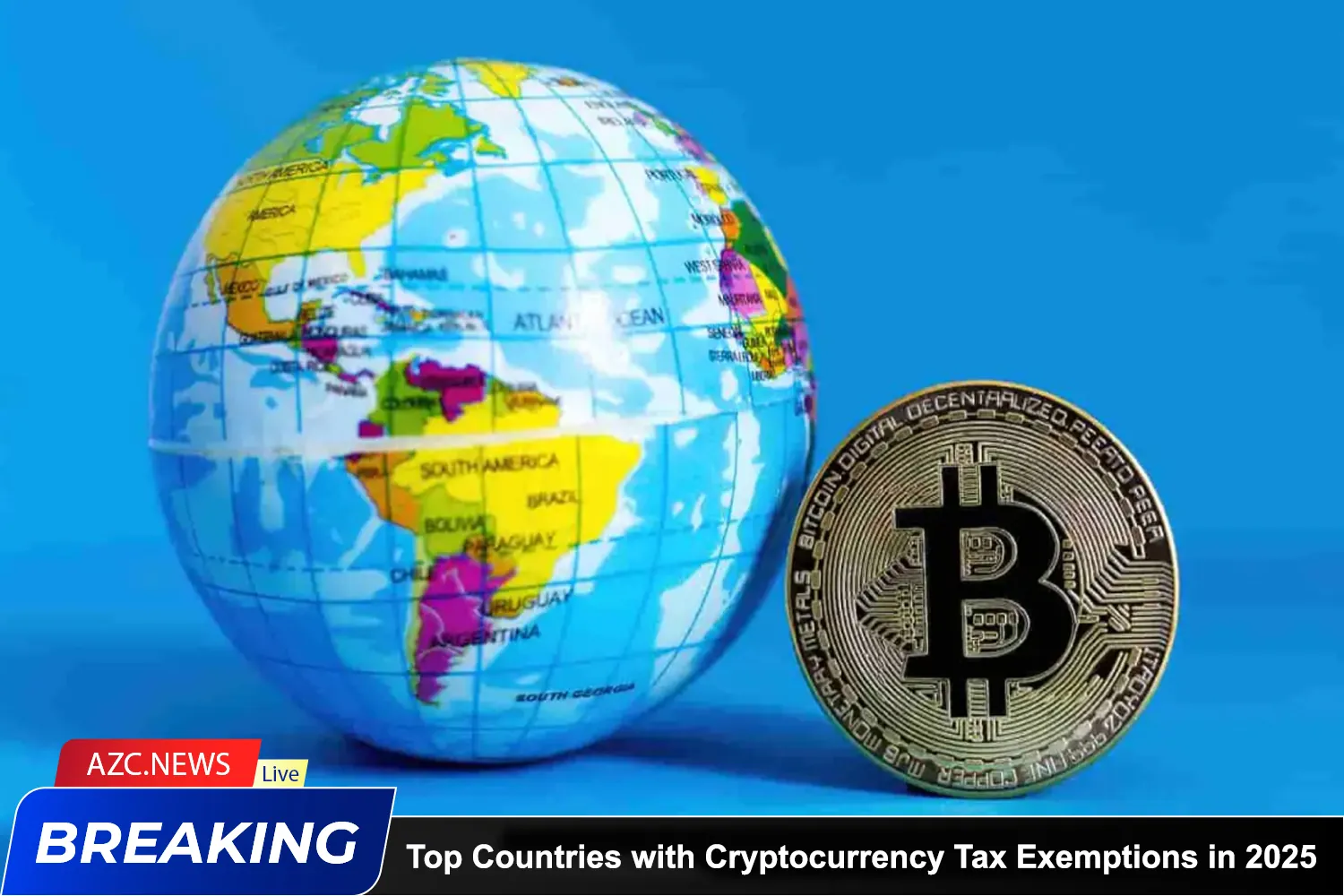On January 10th (according to US time), the SEC officially approved the first-ever listed Bitcoin ETFs in the United States. This marks a pivotal moment for Bitcoin and the entire cryptocurrency industry, valued at $1.7 trillion.
The announcement was officially posted on the SEC’s website. The regulatory body approved registrations from various entities, including BlackRock, Ark Investments, 21Shares, Fidelity, Invesco, and VanEck, among others. Some of these ETF products are expected to commence trading as early as January 11th.
Bitcoin ETFs for spot trading have faced challenges over the past decade. ETFs represent a game-changing factor for Bitcoin, enabling institutional and retail investors to access the world’s largest cryptocurrency without the need to directly hold it. This development serves as a significant catalyst for the besieged cryptocurrency industry, marred by a series of scandals.
Analysts at Standard Chartered indicated this week that ETF funds could attract anywhere from $50 billion to $100 billion this year alone, potentially driving Bitcoin’s price to $100,000. Other analysts forecast a capital inflow of nearly $55 billion over the next five years.
The approval of ETFs is an immensely positive step in institutionalizing Bitcoin as an asset. The endorsement of ETFs serves as a resounding affirmation in the ongoing process of legitimizing Bitcoin.
Granting approval for Bitcoin ETFs signals a significant shift for the SEC, an agency that had rejected Bitcoin ETFs for a decade due to concerns about potential manipulation. SEC Chairman Gary Gensler, known for his strong skepticism towards cryptocurrencies, has been at the forefront of this cautious approach.
Related: Over 90% Profit for Bitcoin Holders Post $47,000 Surge
Hopes for SEC approval of Bitcoin ETFs surged last year, following a federal appeals court ruling that deemed the SEC wrong in denying Grayscale Investments’ application to convert GBTC into an ETF. The court’s decision compelled the agency to reassess its stance.
In a statement, Gary Gensler acknowledged that, according to the court’s ruling, approving such products is the most sustainable path forward. However, he emphasized that the SEC does not endorse Bitcoin. The agency continues to view Bitcoin as a risky and volatile form of currency.







